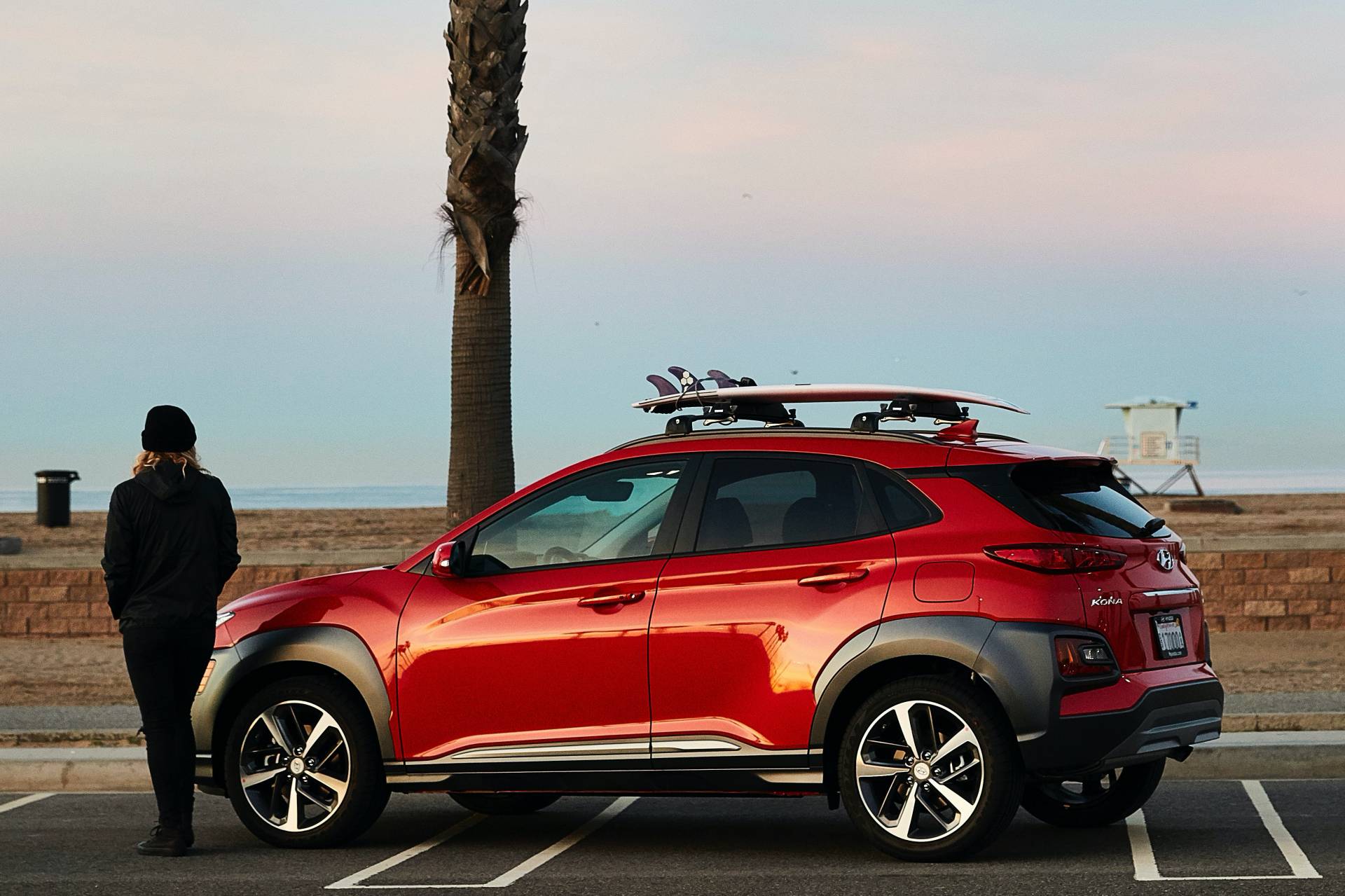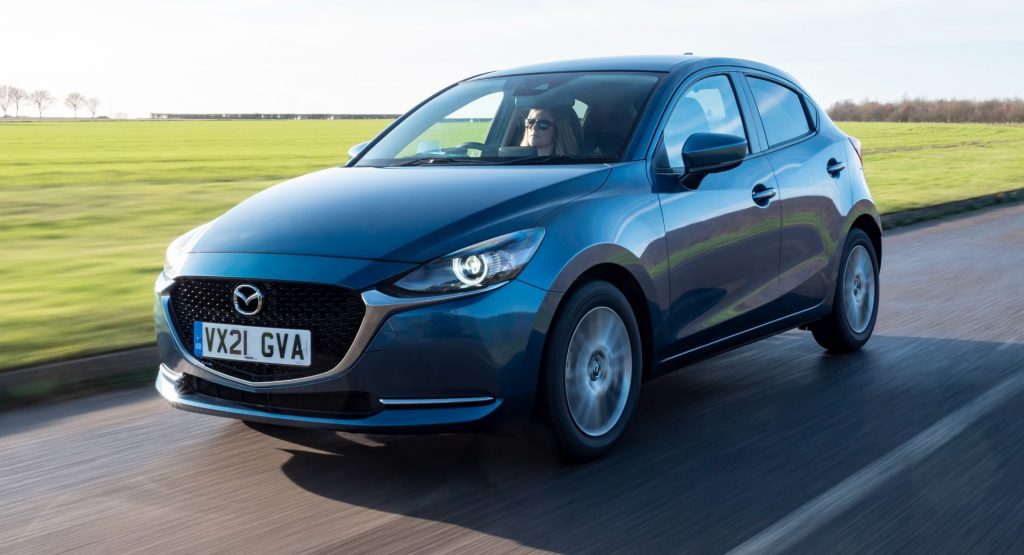Top 10 Tips on How to Save on Fuel
With the soaring prices of fuel which seem to gradually reach for the stars and several cities in the UK where fuel is already £2 per litre; a question that many of us have asked ourselves is how we can save (on) fuel, making the most out of our precious tank. We can do a few things, and here at Perrys, we have put together a guide you can use for reference.
1. Go Easy On the Gas
Your driving style does have a significant impact on your fuel consumption. For example, if you’re driving at 80mph on the motorway, in addition to it being illegal, this will lead to a fuel increase of 15 to 20% as opposed to driving to the speed limit of 70mph. Also, contrary to what many people may think, going at 80mph doesn’t get you to your destination any quicker, as you will only gain a total of 6 seconds for every mile you travel.
Drive within the speed limit, and if you’re willing to travel at 55mph, this will have even greater benefits from a fuel economy point of view, allowing you to reduce consumption by an additional 10%.
2. Refrain from Carrying Unnecessary Weight / Only Fill With What You Need
The heavier your vehicle is, the more fuel it will use, so remove any unnecessary items from your boot so as not to make your car any heavier. The same applies to filling up your car; only fill up with what you need as opposed to filling it up to the click; as if you only need 60 litres worth of fuel for a few days, it’s not worth carrying around 100 litres instead, as this will only make your vehicle heavier.

3. Avoid Premium Unleaded
Typically, premium unleaded will cost 10 to 15p more than regular unleaded, so unless your car is a high-performance one that specifically requires that type of fuel, stay away from the premium pumps if you can as they will cost you more in the long run.
4. Shop Around
Your local petrol station may not be the cheapest one, so shopping around for fuel is essential (you can do so by using a comparison website for fuel prices). As a rule of thumb though, rural locations or small towns are generally a few pence more expensive than bigger cities and towns. Also, supermarkets typically offer lower fuel prices than petrol stations.
5. Combine Trips
For better fuel efficiency, combine short trips into a round trip. This is because a warm engine will operate more efficiently from a fuel consumption point of view as opposed to several cold engine starts. The mileage may be the same, but the fuel consumption will increase. Of course, this may not be possible when you’re going to work but try to avoid several short trips at the weekend if you can combine your errands into one single trip.

6. Check Your Tyre Pressure
It’s important to always keep on top of your tyre pressure and have a quick check every couple of months, as the lower your tyre pressure, the more fuel your vehicle will consume. If you’re unsure about what your pressure should be, you can check inside the driver’s door, petrol cap or vehicle manual as every car is different and no one-size-fits-all. To take a measurement you will need a pressure gauge, which you can find at Perrys Parts
7. Switch Off the A/C
A new heatwave may be around the corner; however, it’s good to bear in mind that having you’re A/C on full blast may not help from a fuel economy point of view, as every time it’s in use, it will reduce your fuel since it uses engine power to work, therefore increasing fuel consumption.
Avoid Bad Roads
Choosing a road with a poor surface will impact your fuel efficiency, for instance, if there are plenty of potholes on the road you’re driving on, this will have an impact on the air resistance, which consequently will stop your car travelling in the most efficient way, increasing the ‘rolling resistance’ between the wheels and the road, slowing down the car. So, if you’re looking to preserve your fuel more, it’s worth considering smooth and well-maintained roads instead.

Look Well Ahead
A pattern made of briskly braking and then accelerating again will naturally use more fuel than anticipating what could happen on the road instead. Of course, this will depend on traffic conditions; however, using the accelerator and the brakes gently, gradually slowing down and progressively bringing the car back to speed will help you in the long run from a fuel efficiency point of view. For instance, if the traffic light is red, you can ease off the gas and slow down naturally instead of briskly coming to a stop at the last second.
10. Choose a Greener Car
Lastly, if you’d like to help the planet, in addition to saving (on) your fuel, we recommend you choose a greener car, maybe a hybrid or even an electric car. Here at Perrys, we’ve got a huge range of both types of vehicles. However, if you’re unsure and have more questions about our offering, don’t hesitate to contact your nearest Perrys and we’ll be happy to help.
Tags: *Save_Fuel *Save_Petrol *Save_Diesel *Fuel_Efficiency *Fuel_Economy *How_to


